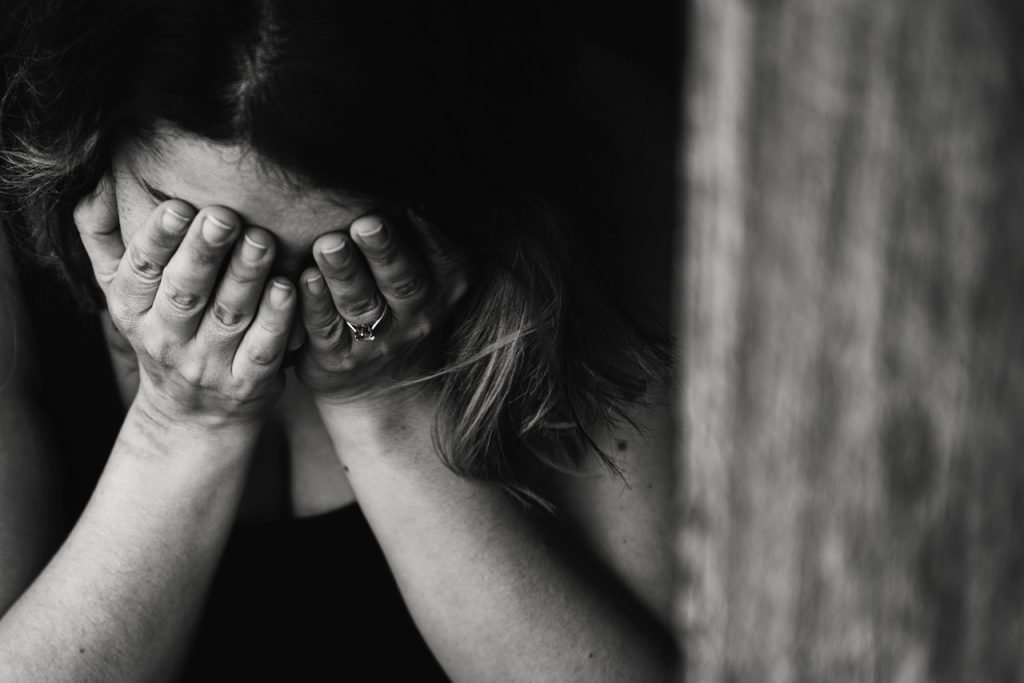Reading or watching news coverage about emotionally disturbing events and witnessing them firsthand can be distressing and overwhelming for children and adults. In many cases, atrocities such as the terrorist attacks on the World Trade Center (WTC) on September 11, 2001 (9/11), can have adverse physical, mental, and emotional effects. Sadly, the collapse of the Twin Towers resulted in thousands of fatalities and illnesses due to breathing in toxic dust.
Following 9/11, many New Yorkers had to return to dwellings, schools, and workplaces in dangerous environments that still contained toxic dust. Inhaling smoke and dust consisting of toxins and chemical remnants from the World Trade Center Towers caused many people to develop various chronic health conditions. For this reason, people who were in Lower Manhattan for some time following the attacks and those who returned there in early 2002 can receive compensation.
The need to provide compensation and healthcare to victims of the attack resulted in the Zadroga Act. Created in honor of James Zadroga, the first New York police officer recognized as dying from a respiratory condition caused by exposure to toxic chemicals at the attack site, the Zadroga 9/11 Health and Compensation Act compensated victims for their injuries and illnesses through the Victim Compensation Fund. Someone who wants to determine their eligibility and file a claim for the WTC Victim Compensation Fund should contact the legal professionals, Gregory J. Cannata & Associates.
Several studies examine the relationship between the 9/11 attacks and posttraumatic stress disorder (PTSD). People who experience trauma symptoms such as persistent fear, panic attacks, nightmares, flashbacks, and intrusive and distressing recollections of the attacks, should seek help from mental health professionals.
Health experts’ calls for social distancing as a response to the global outbreak of coronavirus disease 2019 (COVID-19) might make it impossible for someone to visit a therapist. COVID-19 is a respiratory illness with no treatment or vaccine. It spreads through sneezes, coughs, and saliva droplets. People can prevent spreading the virus by covering their noses and mouths when sneezing and coughing, washing their hands frequently, not touching their faces, staying home if they feel ill, and refraining from large gatherings and any traveling.
Self-isolating and quarantining can be difficult for people who deal with trauma or other psychological conditions, as perceived loneliness could cause stress or anxious feelings.
Someone’s fears about themselves or family members and friends getting the virus can impair their mental health as well. A therapist can help people suffering from trauma cope with their past and reality while they adjust to COVID-19.
To receive useful guidance and support amid such an unprecedented and unforeseen crisis, people should consult caring and skilled professional therapists, such as those at The Therapy Group of NYC, to help them face and resolve their challenges. The Therapy Group of NYC offers online therapy in New York, adhering to social distancing, and suggestions for people not to leave their homes unless they must. Through online therapy services, The Therapy Group of NYC supports people who are anxious, struggling, and depressed, worried about getting the virus, and feeling like their life stalled because they can’t follow their routine.
The Therapy Group’s dedication and service to their patients remain constant despite the societal changes and uncertainty surrounding COVID-19. People can focus on improving their condition and coping with ever-changing circumstances by speaking with a skilled, knowledgeable, and compassionate online therapist at The Therapy Group of NYC.
People who suffer from trauma or PTSD and anyone who feels stressed about the COVID-19 outbreak can protect their mental and emotional well-being by taking breaks from reading or watching news stories about the pandemic, which can be overwhelming.
Doing enjoyable recreational activities can help eliminate stress. To take care of one’s total health, someone should improve their diet and eat well-balanced meals, get adequate rest and sleep, and try stretching and exercising regularly.

